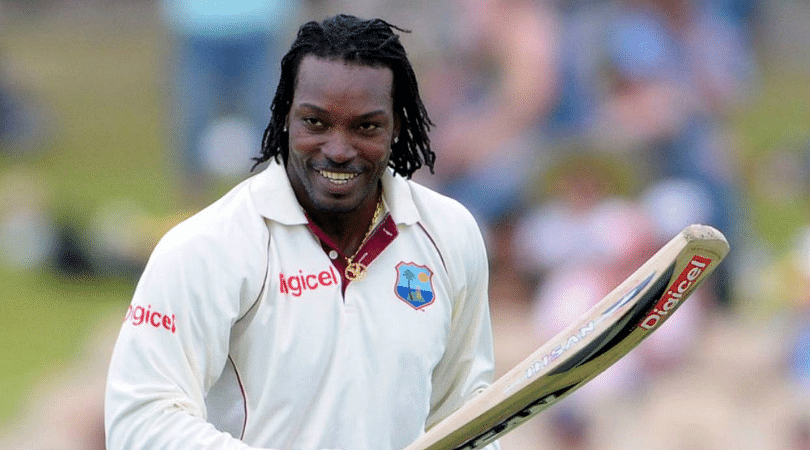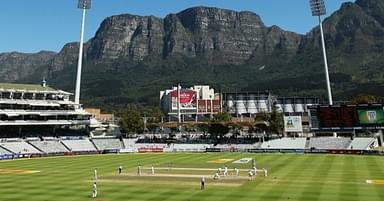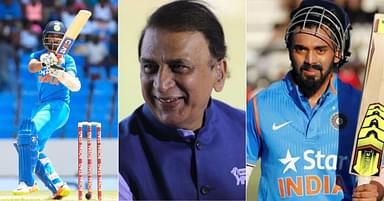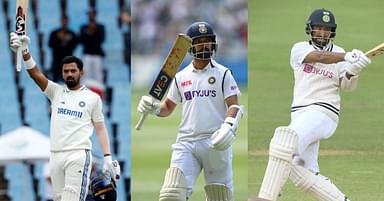Will Chris Gayle play in the Test series: The Universe Boss had expressed his desire of playing the home Test series against India.
Advertisement
West Indies announced a 13-member squad for the two-Test series against India in the morning. The biggest inclusion in the squad was the maiden call-up to all-rounder Rahkeem Cornwall.
Highest wicket-taker in West Indies’ latest regional four-day tournament, Cornwall has been rewarded for his consistent performance in the domestic circuit.
“Rahkeem [Cornwall] has been performing consistently over a long period of time and has proven to be a match-winner, so we believe his elevation to the Test squad is merited at this time,” Head of CWI’s interim selection panel Robert Haynes was quoted as saying.
Will Chris Gayle play in the Test series against India?
“My plans after World Cup? I may play a Test match against India and then I will definitely play the ODIs against India. I won’t play the T20s for sure. That’s my plan after the World Cup,” veteran West Indies opening batsman Chris Gayle was quoted as saying about his retirement plans during the recent concluded ICC Cricket World Cup.
While Gayle didn’t take part in the T20I series due to his prior commitment in the ongoing Global T20 League 2019 in Canada, he is currently playing in the ODI series. As far as Test matches are concerned, West Indian selectors haven’t included him for cricket’s ancestral format.
This lit 🔥 #45Forever #Hitman #UniverseBoss 👊🏿 #TopManRohit 😊 https://t.co/ta1R5WToWh
— Chris Gayle (@henrygayle) August 7, 2019
Much like Cornwall, the selectors have also named uncapped batsman Shamarh Brooks, who recently played for West Indies A against India A. With Kraigg Brathwaite and John Campbell in the squad, West Indies have included a couple of opening batsmen.
With Gayle being denied of a farewell Test, there is not much clarity on his international retirement now. Gayle last played a Test in 2014 against Bangladesh. In 103 Test matches, Gayle scored 7,214 runs at an average of 42.18 and a strike rate of 60.26 including 15 centuries and 26 half-centuries.







